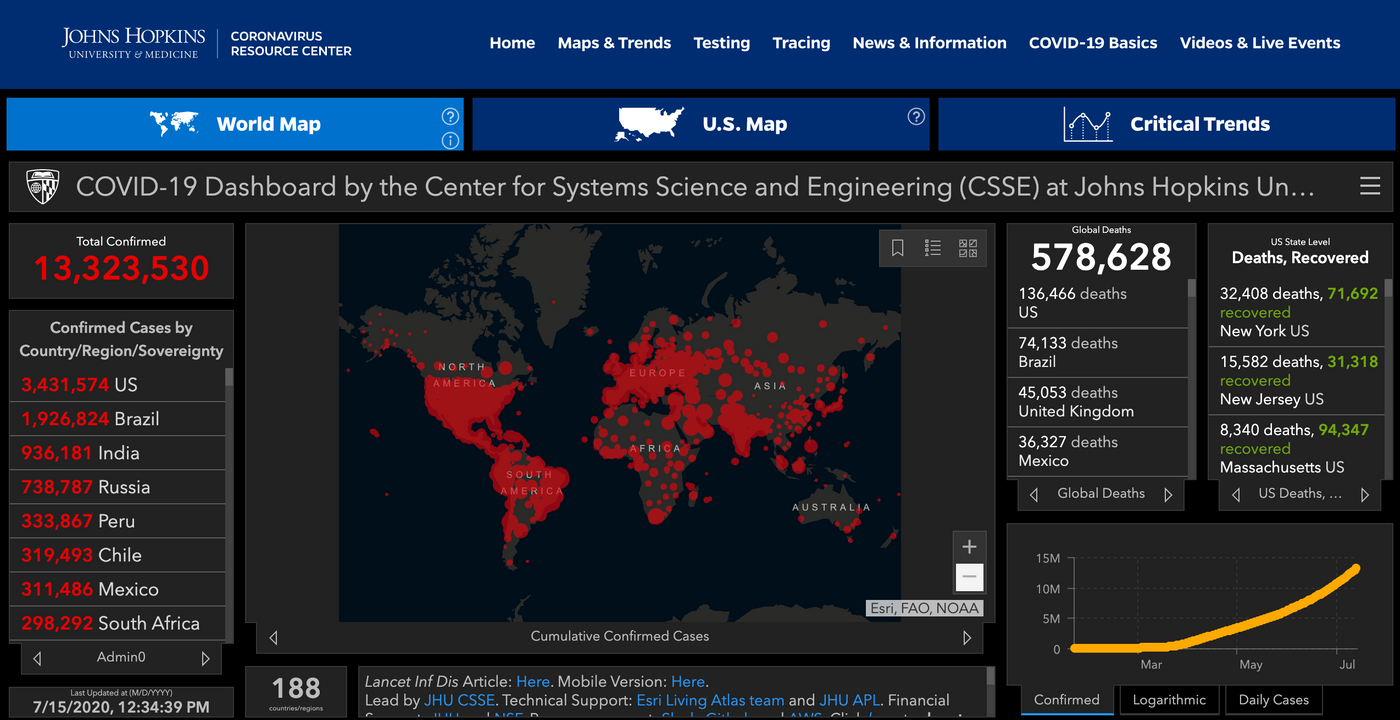語你看世界系列帶大家賞析 Harvard Business Review 與經濟學人等國際刊物文章,不但與世界接軌也帶領大家解構文章,不再望文嘆息!本文章摘要分析 HBR 的文章,原文出處在這裡

單字與片語
- Open to.... (v.) 開放....
蠻常用的書信與口說片語,例如我們現在開放討論 (open to discussion)
在本文中,作者希望美國可以多接納各方想法,以寫作的角度我就會用中文成語「海納百川」來形容之。 - Contain (v.) 抑制
- Address (v.)
在工作坊中,負責練習這一段的大天塵同學突然卡關,他說知道 address 可以當動詞是演講、強調。但是在嘗試 Sight Translation 這句話就卡住..
當我們特別強調某件事物,其實也是想要解決、討論的意圖。 - Maintain (v.) 維護
IT 圈的朋友看得這一詞就開心說,我知道就是維護。但其實也有經營、更新、運作網站的意思喔。 - takeaway (n.) 重點
原本是指外帶,後來被衍生出重點的意思
To fight Covid-19, the United States must be open to ideas from everywhere, including developing countries. Sometimes less-wealthy countries can offer simple, low-tech solutions that are highly effective at containing infectious diseases.
美國如果想要對抗肺炎,必須海納百川各方意見包含開發中國家。有時候較不富裕的國家可以提供一些簡單、低技術但卻能有效抑制疾病的解決方法。In an earlier article, I discussed how U.S. health care organizations are borrowing lessons from Asia and Africa to fight Covid-19. Looking further, a team at Northeastern University’s Center for Emerging Markets spent two months scouring the internet for other ideas that less-wealthy countries have used to address the pandemic in areas including prevention, testing, isolation, quarantining, treatment, and reopening.
我在先前文章提到,美國健保機構正向亞洲與非洲借鏡對抗肺炎的經驗。目前Northeastern University 的新興市場團隊花了兩個月的時間在網路上挑選其他較不富裕的國家運用預防、測試、隔離、檢疫、治療與重新開放等對抗肺炎策略的想法。
We’ve organized more than 50 ideas across these categories on a website maintained by Jorja Kahn: Reverse Innovation to Fight Covid-19. We invite health care leaders and policy makers to adapt these ideas and contribute to them. Global crowdsourcing could help all countries fight the pandemic more effectively.Here are three takeaways from our explorations.
我們在 Jorja Kahn 運作的網站上整理出 50 個想法,邀請醫療領袖與立法者可以參考這些做法並提出意見。群眾外包的概念可以協助所有國家更有效地打擊傳染病。以下提出三個重點:

























